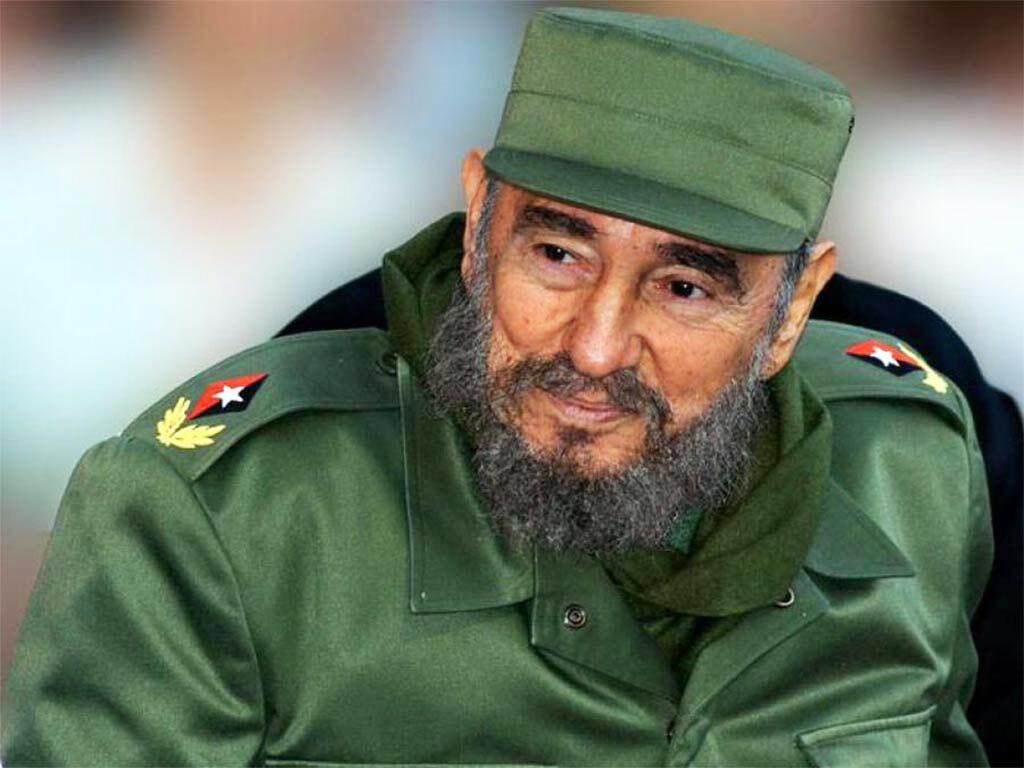
Havana, August 6.- Just a few days before the 99th anniversary of his birth, the legacy of Fidel Castro, the historic leader of the Cuban Revolution, remains present today in every corner where the struggle for a more just world is fought for.
Since the triumph of the Revolution on January 1, 1959, Fidel Castro redefined Cuba's role in the international arena.
In the midst of the Cold War, when many small countries were absorbed into the spheres of influence of the great powers, the Caribbean nation chose its own path: that of independence, sovereignty, and active solidarity with the peoples in struggle.
His speech at the United Nations General Assembly in 1960, where he denounced neocolonial practices and the economic domination of Western powers, marked a turning point in the participation of developing countries in the multilateral system.
For 267 minutes, Fidel Castro forcefully exposed the contradictions of the international order and demanded justice for the oppressed peoples.
But beyond words, the historical leader turned principles into action and proof of this was his determined support for national liberation struggles in Africa. From Angola to Mozambique, via Guinea-Bissau, Ethiopia and South Africa, he sent doctors, educators, engineers and fighters on an internationalist mission.
After his release, Nelson Mandela visited Havana in 1991 and declared: "The Cubans have done for Africa what no other people have done. You can be proud of having been part of a historic process that contributed to the liberation of our continent".
Fidel Castro was also a central figure in the Non-Aligned Movement, a fundamental space for the defense of national independence and international justice.
During a speech at the bloc's IX summit in 1979, he warned about the new form of colonialism: the economic, financial, and technological domination exercised by the countries of the North over those of the South. He called for strengthening South-South cooperation as an alternative to the model imposed by the centers of global power.
Over the decades, Fidel Castro became a moral reference for social movements, intellectuals, and progressive leaders around the world.
New and old generations, as well as political leaders, recognize that his drive for Latin American and Caribbean integration-through the Bolivarian Alliance for the Americas, the Community of Latin American and Caribbean States, and other spaces- was a fundamental contribution to recovering the region's identity and autonomy.
Today, as the world faces new forms of domination, ecological crises, and conflicts fueled by geopolitical interests, Fidel Castro's thinking is still alive in every Cuban doctor who treats people in remote areas and to every people who defend their right to decide their own destiny. (Text and photo: PL)